by Mike Clawson, Illuman Administrator
What do men need in order to be more whole and healthy men? What might a spirituality particularly suited to shaping these kinds of men look like? These questions and more were in the air as Ohio Convener Chuck Rihm and I attended the 2022 Wild Goose Festival two weekends ago in Union Grove, North Carolina. There, we represented Illuman both at our exhibitor booth and in several sessions and interviews that we led.
The Wild Goose is a transformational festival grounded in faith-inspired social justice, drawing thousands of progressive Christians each year to a celebration of spirit, justice, music, and art. As such, it was a perfect place to connect with folks about the work of Illuman. Many were already very familiar with Illuman’s founder, Fr. Richard Rohr, and almost everyone was very eager to talk with us about the vision for masculine spirituality that he inspired.
A recurring theme in many conversations was Rohr’s notion that healthy masculinity requires both the path of ascent and the path of descent. The path of ascent, often undertaken in the first half of our lives, is that process of discovering our power and learning how to use it well and wisely. We build, we achieve, we serve, we create, we do. Though this path is good and necessary, it has a danger of sometimes leading to egoism, self-righteousness, abuse of power, and a lack of boundaries. If core wounds are left unaddressed, we end up building a false self to hide away the more vulnerable parts of our souls. This is true for anyone, but especially for men, since, as bell hooks has taught us, the kind of patriarchal masculinity with which many of us were raised forced us to deny and suppress our feelings and “give up the true self in order to realize the patriarchal ideal.”1
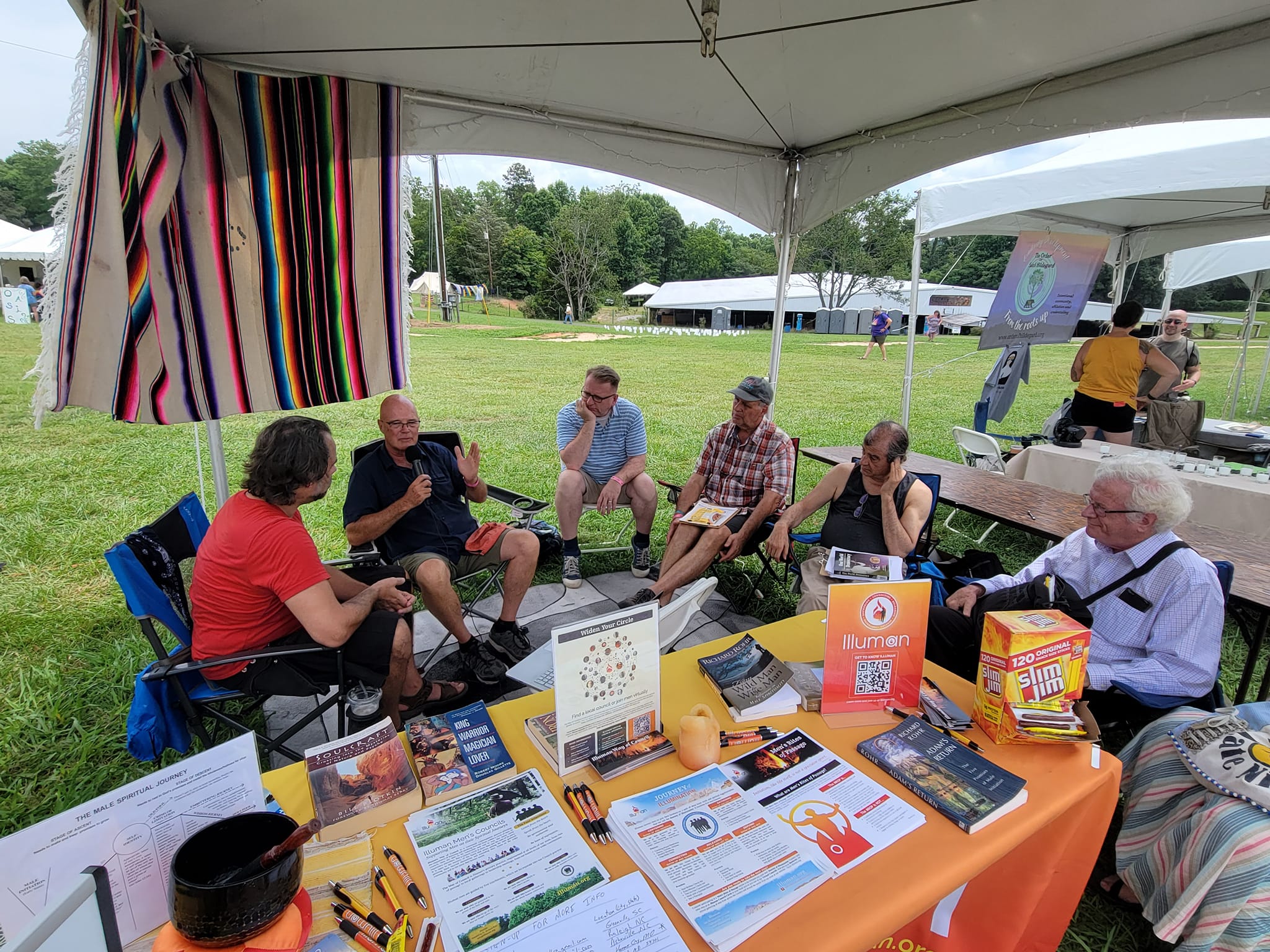
Brian McLaren discussing healthy masculine spirituality at Illuman’s Wild Goose Festival booth.
During the festival we had the opportunity to interview author and CAC Living School teacher Brian McLaren about his thoughts on healthy masculinity. As we talked, Brian pointed to the fact that while our patriarchal culture continues to assign unearned privilege to many men, it also, ironically, leaves many men feeling disempowered and angry. Brian pointed both to the patriarchal suppression of the true self (especially among older generations) as one cause of this, but also encouraged us to consider the role of our modern economy in leaving men, both young and old, feeling exploited and embittered. As Rohr also points out in his chapter on “Man the Money-Maker,” masculine energy is naturally directed outward, toward making and producing things, but the pursuit of merely “making money” (mostly to further enrich the already super-wealthy) is primarily directed inward, toward self-image, personal power, and private satisfaction. There is nothing in it to feed a man’s soul.2
This is why the path of masculine spirituality also has to involve “descent”—an inner journey of loss, surrender to the hard truths of life, and letting go of the false, egoic self. Often occurring in the second half of life, this “wisdom journey,” when done well, is when we transition from being the “heroes” of our own story to becoming wise guides or mellow grandfathers for others: Obi Wan rather than Luke Skywalker, Merlin instead of Arthur, Gandalf, not Frodo. If done poorly, however, this path becomes an embittering journey, leaving us angry and cynical. If not done at all, we turn into old fools who try to stay forever on the path of ascent, despite the evidence that we are all, eventually, mortal.
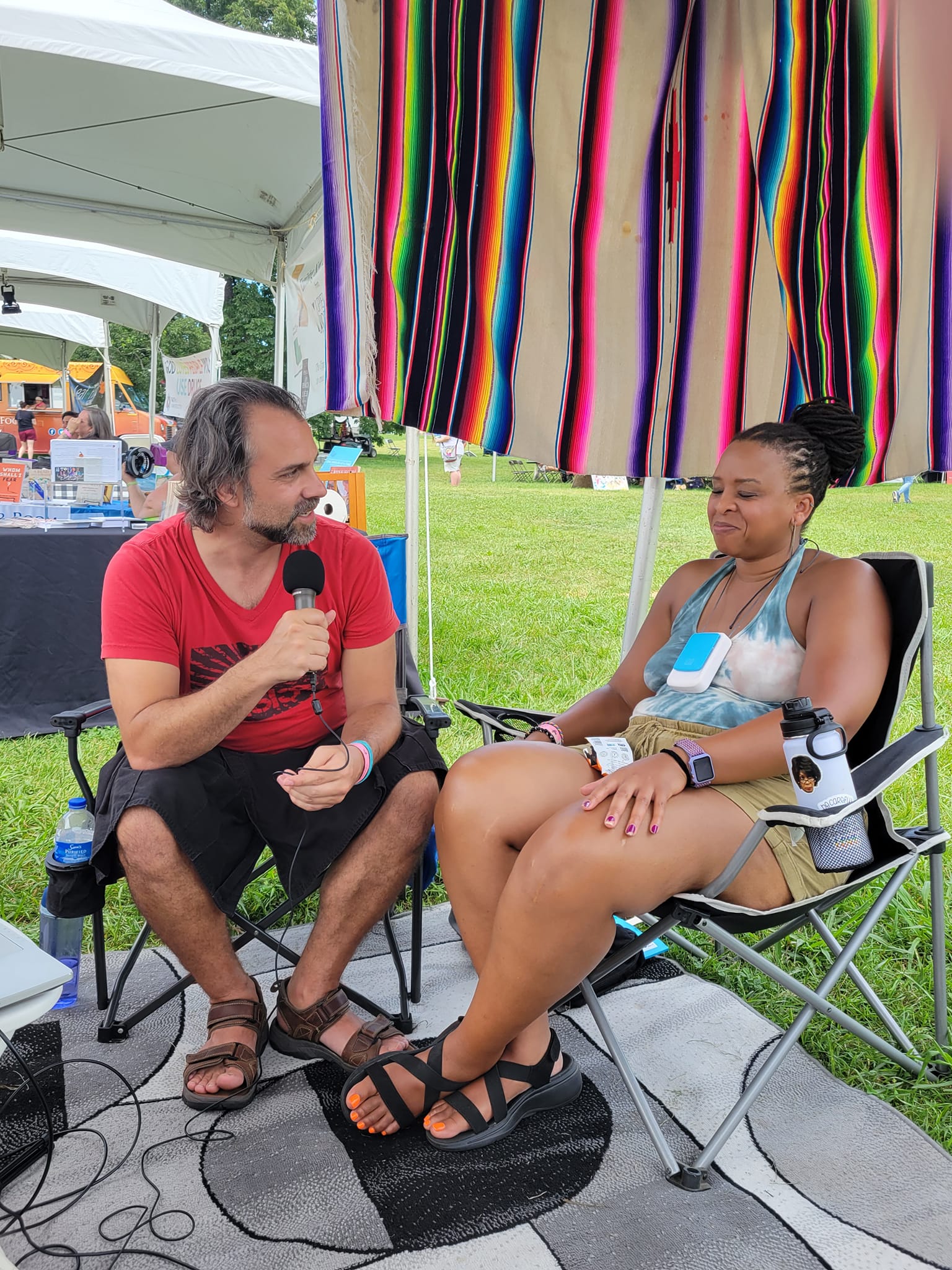
Illuman Administrator Mike Clawson and Micky ScottBey Jones at the Wild Goose Festival.
To help us along the true path of descent, we need our own wise guides. Often these are wise elders, men who have traveled the path before us and can show the way. Illuman provides such guides through our Rites of Passage and in our Council groups. Seeking wise guides also includes listening to voices on the margins that may be different than our own. For me, that means learning from women, queer folk, and persons of color, just to name a few. That’s why we also interviewed Micky ScottBey Jones, the “Justice Doula,” one of my own longtime friends and teachers. As a Black, queer woman trained in Indigenous theology, Micky, and others like her, have important wisdom to offer for our own paths of descent. As Rohr has pointed out, it is often the case that those who have been disempowered by society “have a big head start in the ways of wisdom and spiritual initiation.”3 Micky advised that, as men begin to open those parts of themselves that they’ve been told to hide away—the true self underneath all those layers of the false, egoic self—it helps to be in conversation with people who have refused to put those parts of themselves away. Exposing yourself to those who have had a radically different experience of life can open you to whole new and potentially liberating ways of being in the world. (Micky had a lot more excellent advice in our 40-minute conversation with her. You can view the full interview here.)
Admittedly, this path of descent (leading to liberation) can be a bit, well, terrifying at times. Rohr’s diagram for it looks like nothing so much as a roller coaster. It’s like the metaphor of the wild goose itself, which, in Celtic spirituality, represents the divine Spirit that wanders as it wills, wherever the winds take it. Trying to follow that free-wheeling Spirit on the journey to discover our true selves can be a bit of a wild ride. But, if the conversations we had throughout our time at the Wild Goose Festival are any indication, it’s one that many men are hungry for. I was grateful to get to meet some of them and honored to share what Illuman can do to help them along that journey.
—————————-
1 bell hooks, The Will to Change: Men, Masculinity, and Love (New York: Washington Square Press, 2004)
2 Richard Rohr with Joseph Martos, From Wild Man to Wise Man: Reflections on Male Spirituality (Cincinnati: St. Anthony Messenger Press, 2005), 61.
3 Richard Rohr, Adam’s Return: The Five Promises of Male Initiation (New York: Crossroad, 2004), 9-10.
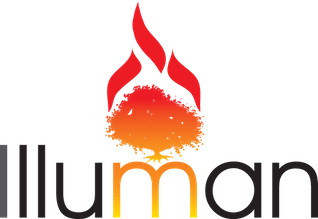
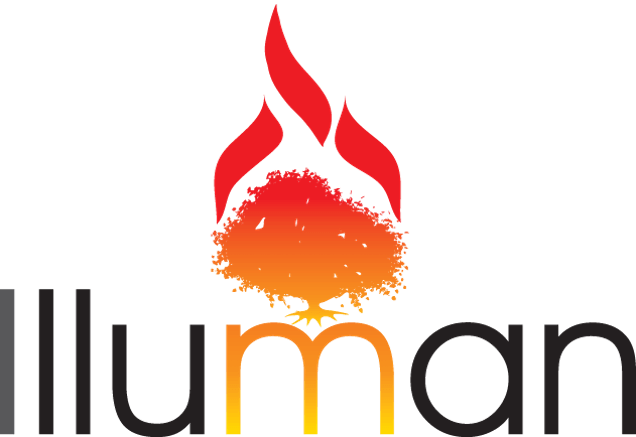
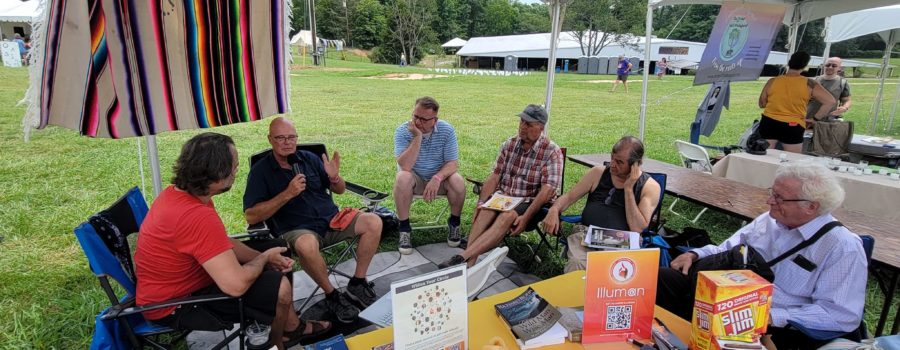
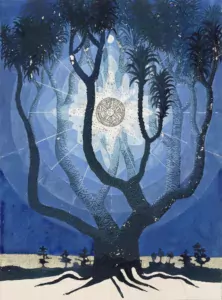
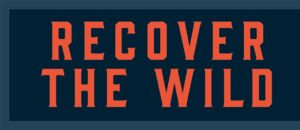

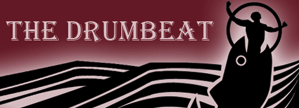
Leave a Reply
Your email is safe with us.
You must be logged in to post a comment.